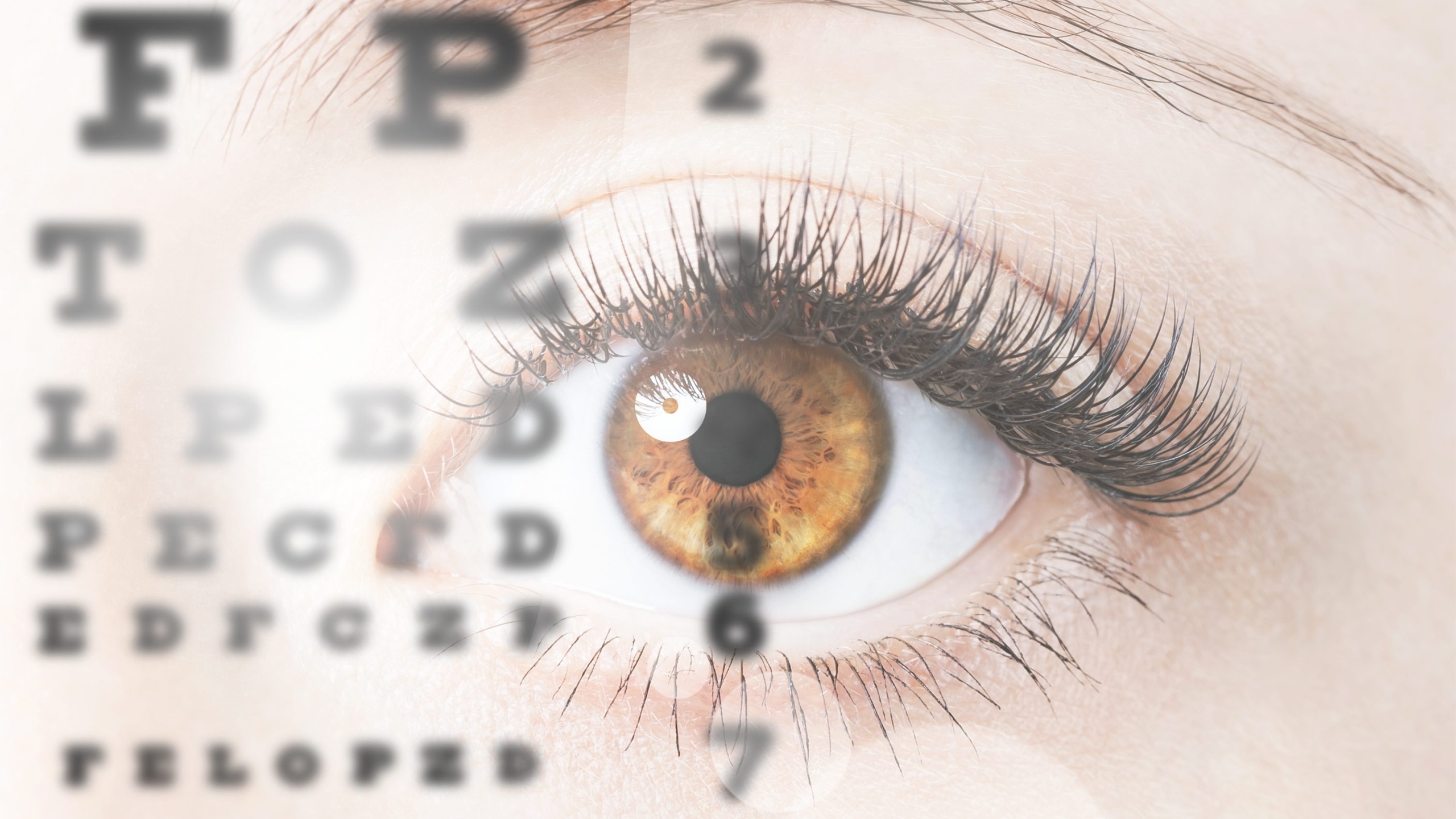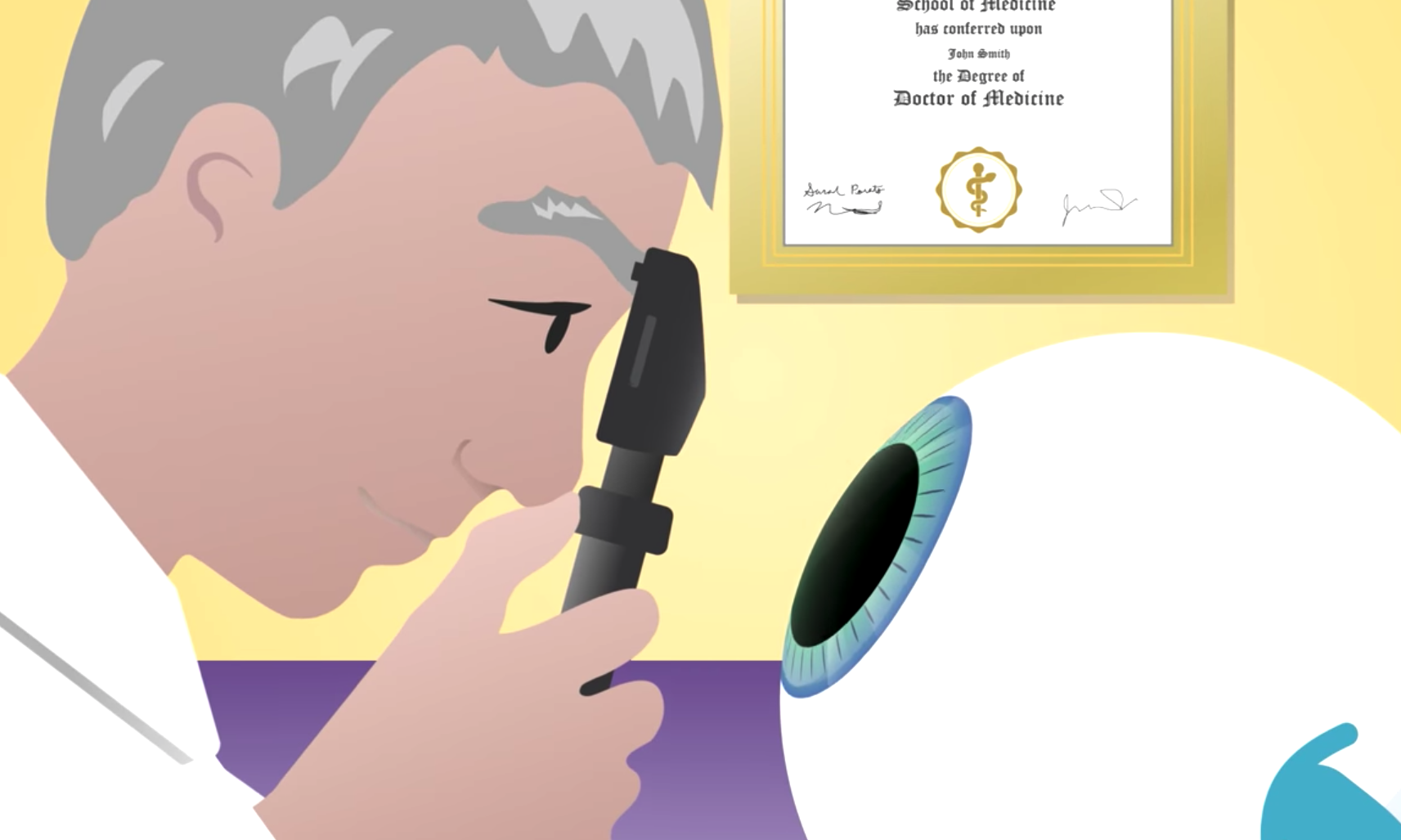By age 65, one in three Americans will have a vision-impairing eye disease. Many sight-robbing conditions can be effectively treated if detected early enough, in many cases limiting or eliminating the damage to eyesight. During the month of May, which is designated Healthy Vision Month, the Alabama Academy of Ophthalmology is sharing valuable information about how to take care of your vision.
“A comprehensive eye exam by an ophthalmologist can detect many health conditions such as cardiovascular disease, diabetes, autoimmune disease, and some cancers,” said Katherine Donnithorne, M.D., of the Montgomery Eye Surgery Center. “Four vision-impairing eye diseases—diabetic retinopathy, glaucoma, age-related macular degeneration, and cataracts—account for most cases of low vision in adults in developed countries, and these diseases often do not cause any symptoms in their early stages. It is vital that adults have a thorough medical eye exam before age 40 to detect any early signs of disease or changes in vision from ocular or systemic conditions.”
Because these eye diseases cause no pain and often have no early symptoms, they do not automatically prompt people to seek medical care. But a thorough checkup by an ophthalmologist — a physician who specializes in medical and surgical eye care — can detect them in their earliest stages. Early treatment is vital because it can slow or halt disease progression or, in the case of cataracts, restore normal vision.
A thorough eye exam can also detect other health conditions, such as stroke, high blood pressure and sexually transmitted diseases. It’s not uncommon for a trip to the ophthalmologist to actually save a life.
The Alabama Academy of Ophthalmology urges individuals to follow five steps to promote eye health:
- Get a comprehensive medical eye exam at age 40. Early signs of disease or changes in vision may begin at this age. An exam by an ophthalmologist is an opportunity to carefully examine the eye for diseases and conditions that may have no symptoms in the early stages. For those concerned about the cost of an exam, the American Academy of Ophthalmology’s EyeCare America® program may be able to help. Under the program, volunteer ophthalmologists provide eye exams and care, often at no out-of-pocket cost to eligible patients. Learn if you qualify by visiting https://www.aao.org/eyecare-america/.
- Know your family history. Certain eye diseases can be inherited. If you have a close relative with macular degeneration, you have a 50 percent chance of developing this condition. A family history of glaucoma increases your glaucoma risk by four to nine times. Talk to family members about their eye conditions. It can help you and your ophthalmologist evaluate your risk.
- Eat healthy foods. A diet low in fat and rich in fruits, vegetables, and whole grains benefits the entire body, including the eyes. Eye-healthy food choices include citrus fruits, vegetable oils, nuts, whole grains, dark green leafy vegetables and cold water fish.
- Stop smoking. Smoking increases the risk for eye diseases such as cataract and age-related macular degeneration. Smoking also raises the risk for cardiovascular diseases which can indirectly influence your eye health. Tobacco smoke, including second-hand smoke, also worsens dry eye.
- Wear sunglasses. Exposure to ultraviolet UV light raises the risk of eye diseases, including cataract, fleshy growths on the eye and cancer. Always wear a hat and sunglasses with 100 percent UV protection while outdoors.
“An eye exam doesn’t just check how well you can see, it evaluates the overall health of your eyes,” said Rebecca J. Taylor, M.D., clinical spokesperson for the American Academy of Ophthalmology. “The Academy encourages everyone, particularly if you’re over age 40, to get regular eye care. By making vision a priority, we can help protect our sight as we age.”











































